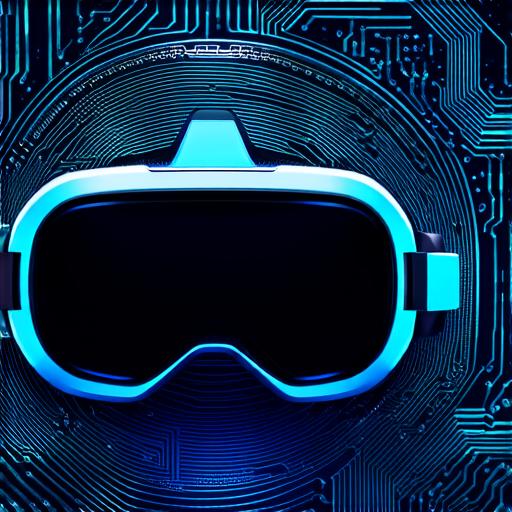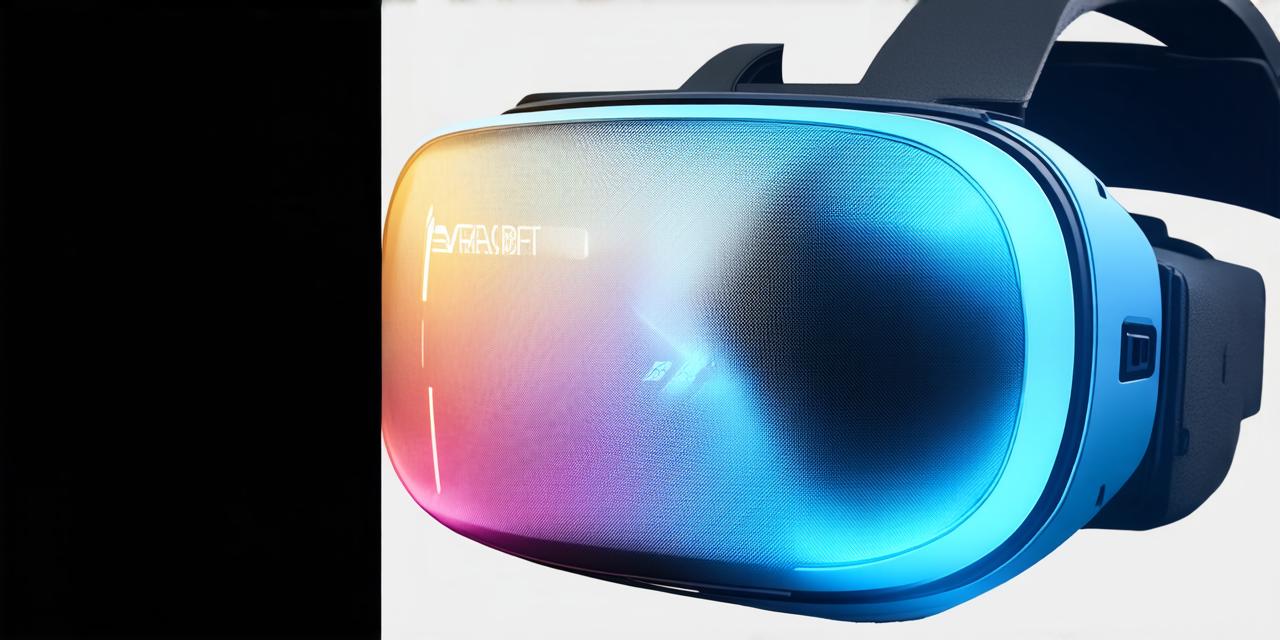Virtual reality technology has been rapidly evolving in recent years, and it is now becoming an essential tool for various industries.
What is Virtual Reality Development?
Virtual reality development involves creating immersive experiences that allow users to interact with a digital environment in a realistic way. It requires skills in programming languages like Unity or Unreal Engine, as well as knowledge of 3D modeling and animation.
Course Details: What to Expect
There are various virtual reality development courses available online, ranging from beginner to advanced levels. The course details will vary depending on the provider, but most will cover the following topics:
-
Introduction to Virtual Reality Development: This module will introduce you to the basics of virtual reality technology and its applications. You will learn about the different types of VR devices and how they work.
-
3D Modeling and Animation: In this module, you will learn how to create 3D models for virtual environments using software like Blender or Maya. You will also learn how to animate these models to make them move and interact in a realistic way.
-
Programming Languages: Unity and Unreal Engine are two of the most popular programming languages used for virtual reality development. In this module, you will learn the basics of these languages and how to use them to create interactive VR experiences.
-
Interaction Design: This module will teach you how to design intuitive interfaces that allow users to interact with virtual environments in a natural way. You will learn about user-centered design principles and how to apply them to VR development projects.
-
Performance Optimization: Virtual reality applications can be resource-intensive, so it is important to optimize your code for better performance. In this module, you will learn techniques for reducing load times and improving frame rates in VR applications.
-
Deployment: Finally, you will learn how to deploy your virtual reality applications on different platforms, including desktop computers, mobile devices, and VR headsets like the Oculus Rift or HTC Vive.
Benefits of Virtual Reality Development Courses
Virtual reality development courses offer numerous benefits for both beginners and experienced developers. Here are a few examples:
-
High Demand: Virtual reality technology is still in its early stages, but it is already being used in a variety of industries, including gaming, education, and healthcare. This means that there is a high demand for skilled virtual reality developers, making it a lucrative career path.
-
Skill Development: VR development courses can help you develop a wide range of skills that are in high demand in the tech industry, including 3D modeling, programming, and user interface design. These skills can be applied to other areas of technology as well, making them valuable for your entire career.
-
Creative Freedom: Virtual reality development allows you to explore new forms of storytelling and interaction that are not possible with traditional media. This can be a great way to exercise your creativity and push the boundaries of what is possible in technology.
-
Real-World Applications: Virtual reality technology has the potential to revolutionize many industries, from education to healthcare to gaming. By learning virtual reality development, you can contribute to these exciting developments and help shape the future of technology.
-
Networking Opportunities: VR development courses often include opportunities for networking with other developers and industry professionals. This can be a great way to learn about new projects, collaborate on ideas, and build your professional network.

FAQs
Q: What skills are required for virtual reality development?
Virtual reality development requires skills in 3D modeling, programming, and user interface design. You should also have a good understanding of virtual reality technology and its applications.
Q: How long does it take to become a virtual reality developer?
The length of time it takes to become a virtual reality developer will depend on your level of experience and the course you choose. Some courses can be completed in just a few weeks, while others may take several months.
